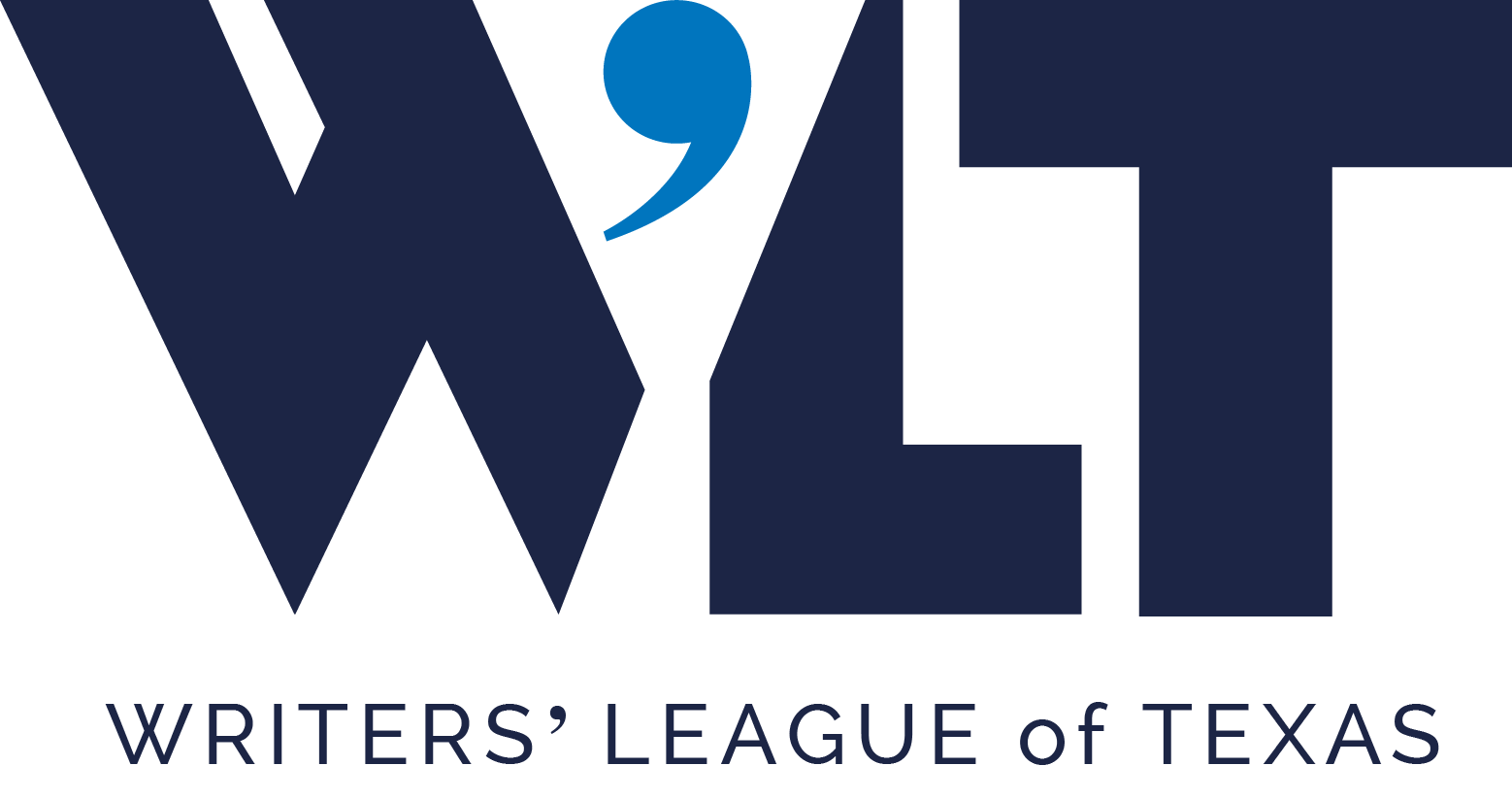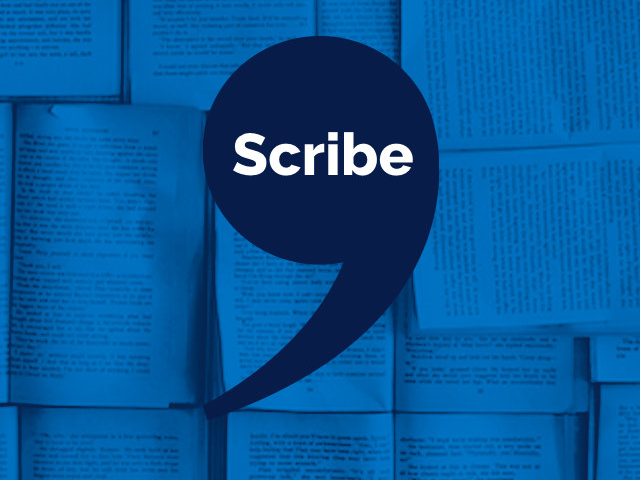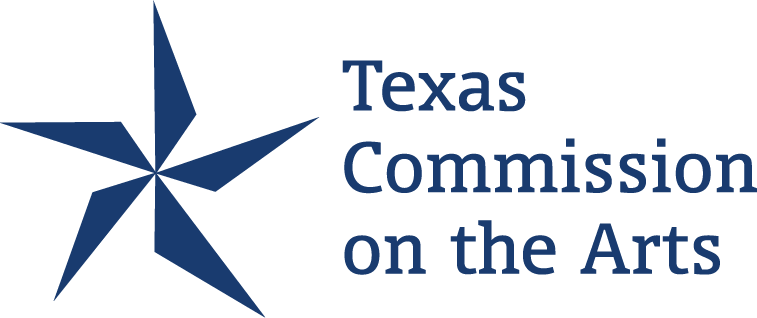 After a month off for the annual WLT Agents and Editors Conference, the Third Thursday program was back in full swing with panelists Samantha Clark, Bethany Hegedus, E. Kristin Anderson, and Sara Kocek with guest moderator Bradley P. Wilson. (He not only moderated, he reflected about the evening over on his blog,)
After a month off for the annual WLT Agents and Editors Conference, the Third Thursday program was back in full swing with panelists Samantha Clark, Bethany Hegedus, E. Kristin Anderson, and Sara Kocek with guest moderator Bradley P. Wilson. (He not only moderated, he reflected about the evening over on his blog,)
As usual, the Third Thursday recap only scratches the surface of the knowledge and expertise shared. This month is a rapid-fire recap of the tip and tools from our authors.
On your mark. Get set. Go!
Tips and Coping Strategies for Revising Your Draft
- Recognize and honor your unique writing and revising style.
- Are you a plower or diamond polisher? Do you plow through your draft or polish it as you go.
- Are you an outliner or not? Maybe both, depending on the situation.
- Get feedback from other readers and other writers. Readers and writers can offer different kinds of feedback.
- Scrivener, word processor on steroids – and then some, was recommended.
- Carry a notebook for your current book and record ideas on characters, plot, etc.
- Picture your character. Find a photo that could be your character. It may inspire your writing
- Write on a treadmill. Walking & writing can help your brain and your body. (Read more about treadmill desks.)
- Use Pintrest to build boards around your characters, settings, themes, etc.
- Research tip – avoid the Google abyss by stopping your search after finding the one factoid you’re looking for.
- Let your draft rest, then come back to it with fresh eyes.
- Q: How do you know you’re done? A: “When you’re sick of it.” “You’re never done. You just have to stop.” “When you keep changing and unchanging the same thing.”
- Take your time on revision requests from editors or agents. Don’t sacrifice quality for quickness.
- Remember it’s ultimately your story. Consider the feedback from others, but retain ownership of your work.
- Follow editor or agency guidelines for formatting.
- Don’t double-space manually. Write in single-space mode (usually the default), then highlight the entire text and format it with double-spacing. Use the help in your word processing program if needed.
- Use one space after periods, not two. (Using two spaces after a period is used for typewriters, not computers.)
- Use a professional, non-family email for professional correspondence. Save your UnicornGirl@gmail address for your friends and family.
- Suggested fonts are Times New Roman and Courier. Display your style in your writing, not your fonts. If you want to write your draft in a font that inspires you, go for it. Just remember to change it before submitting your work to an agent or editor.
- When you are ready to consider hiring an editor check out Yellow Bird Editors, the editing home of all of our panelists and our moderator.
These tips can lessen the agony of delete and move your towards the thrill of publishing victory. (Anyone remember the ABC Wide World of Sports opening?)
If you’re in the Austin area, join us at August’s Third Thursday. If you can’t make it, we’ll see you next month on the blog.









